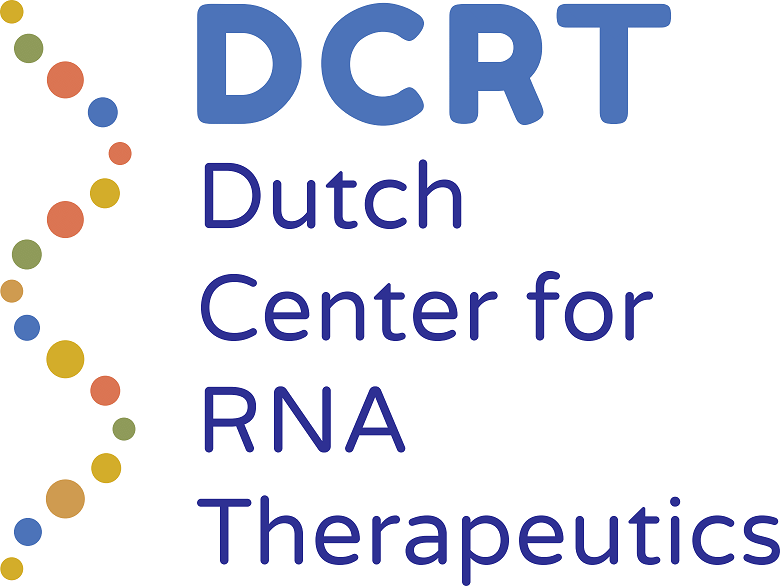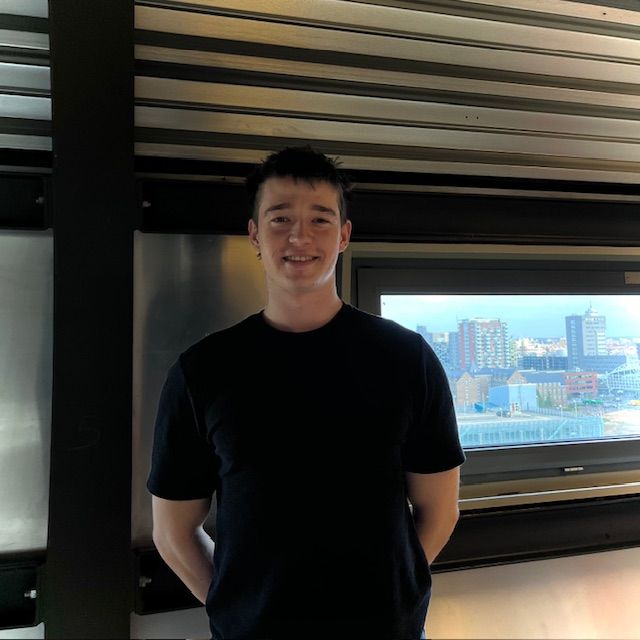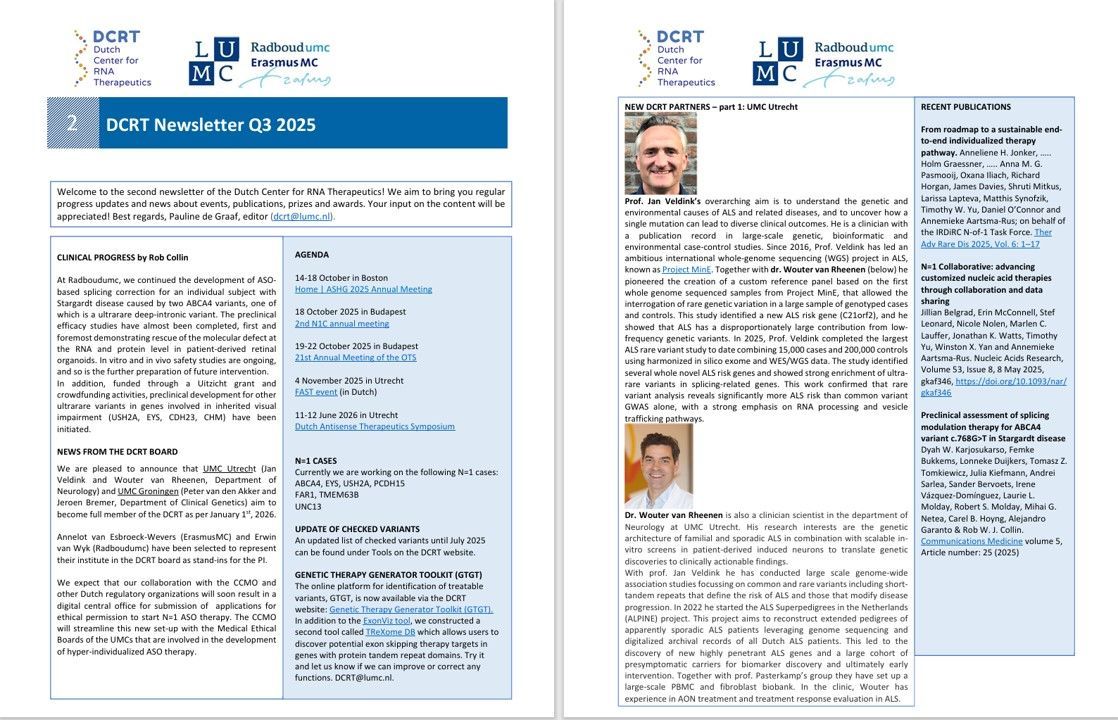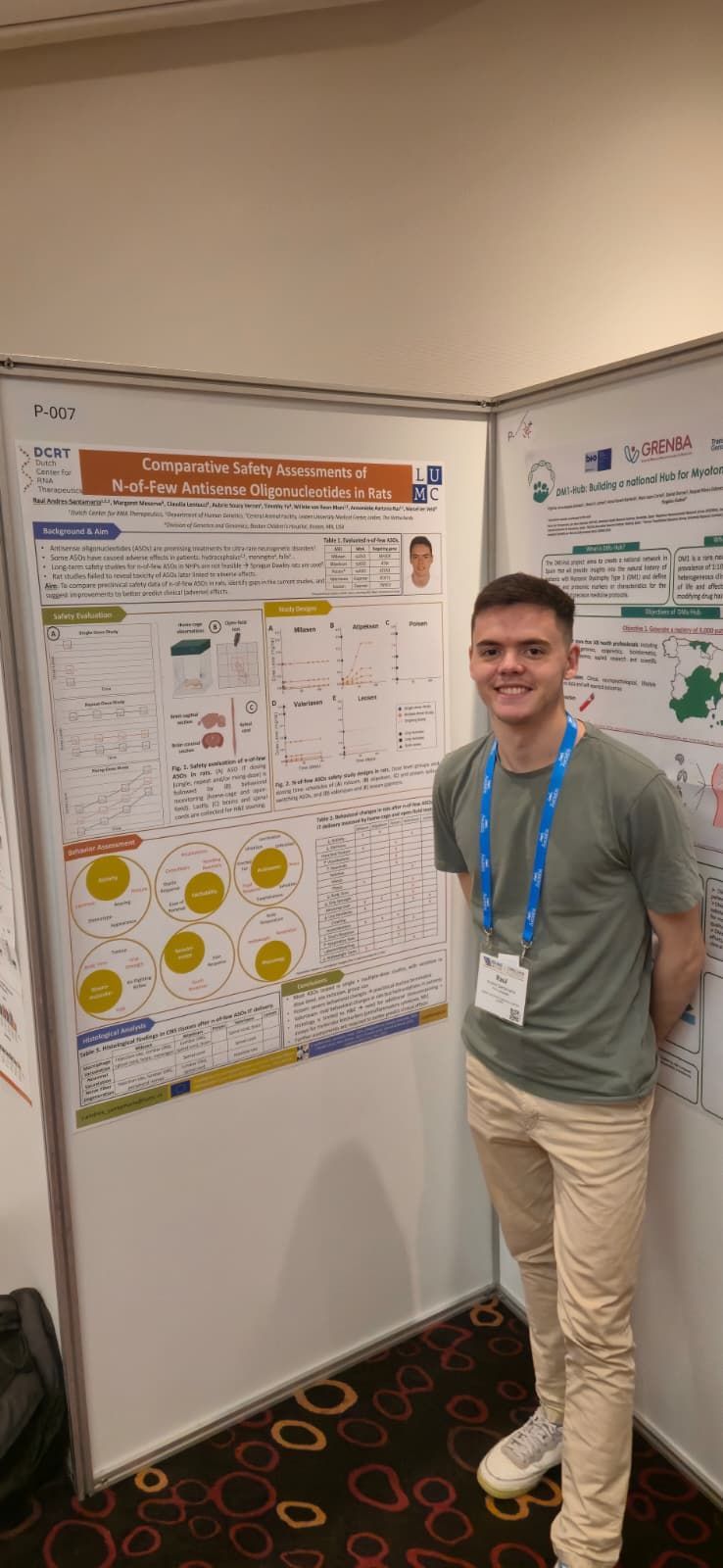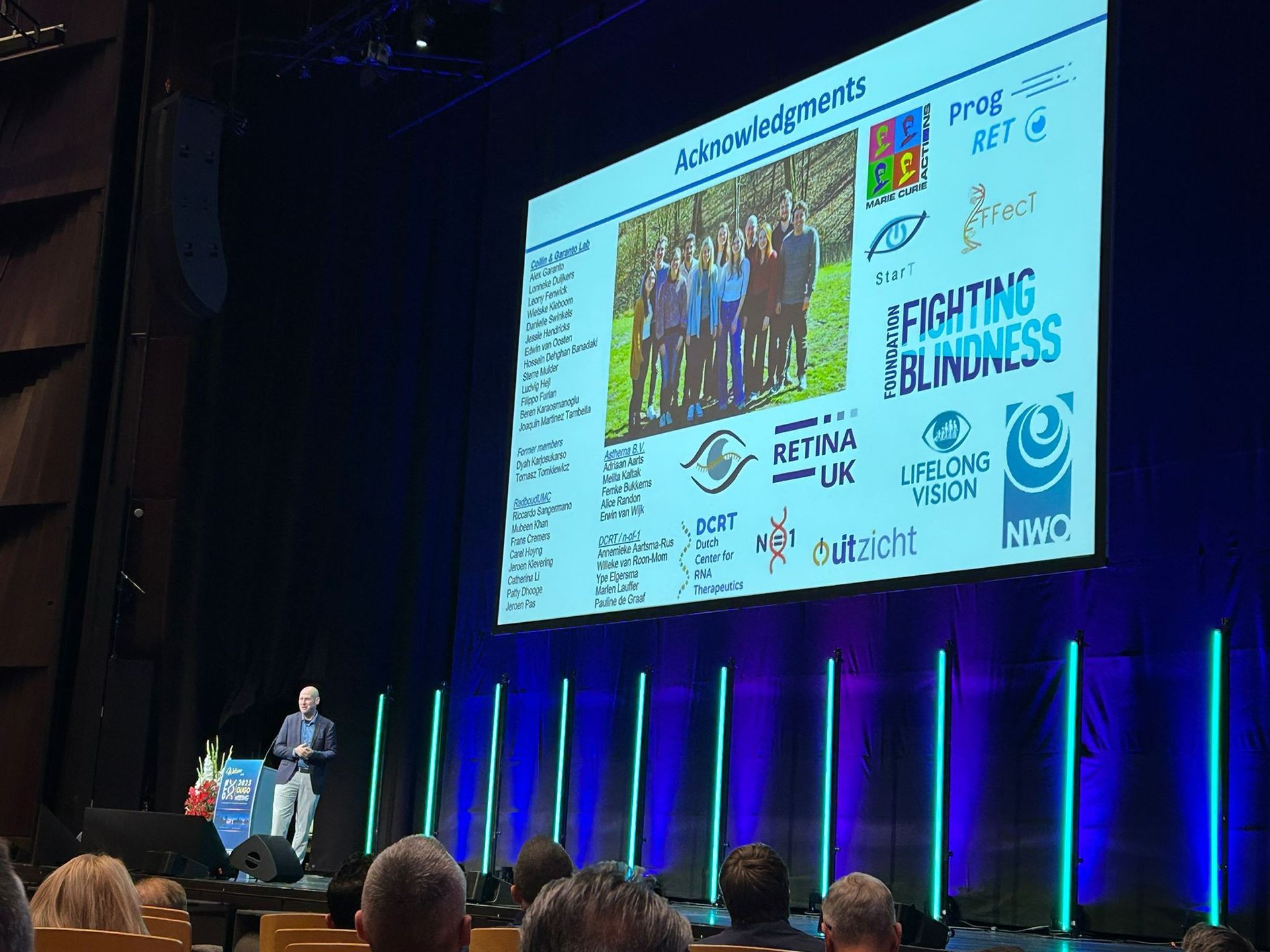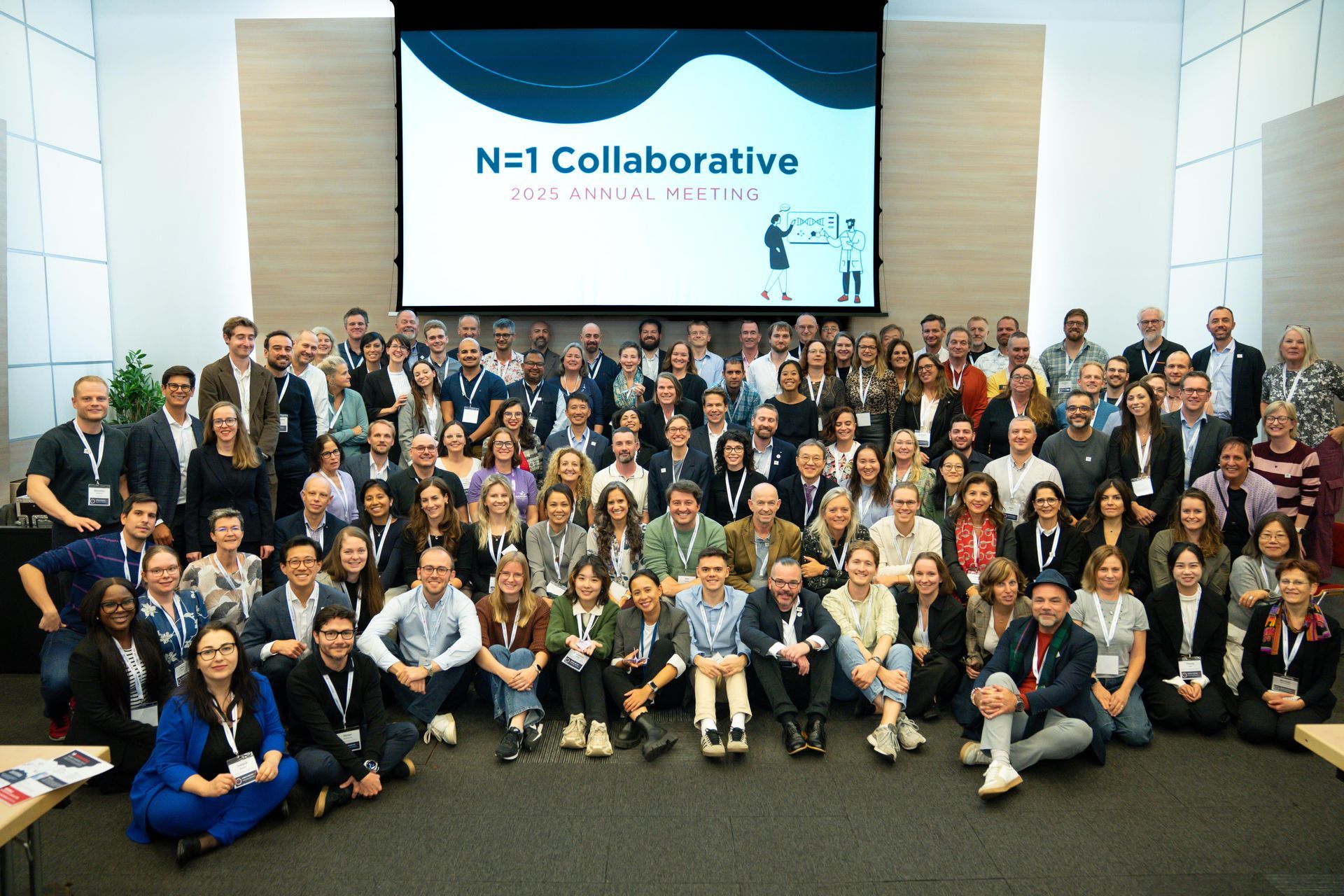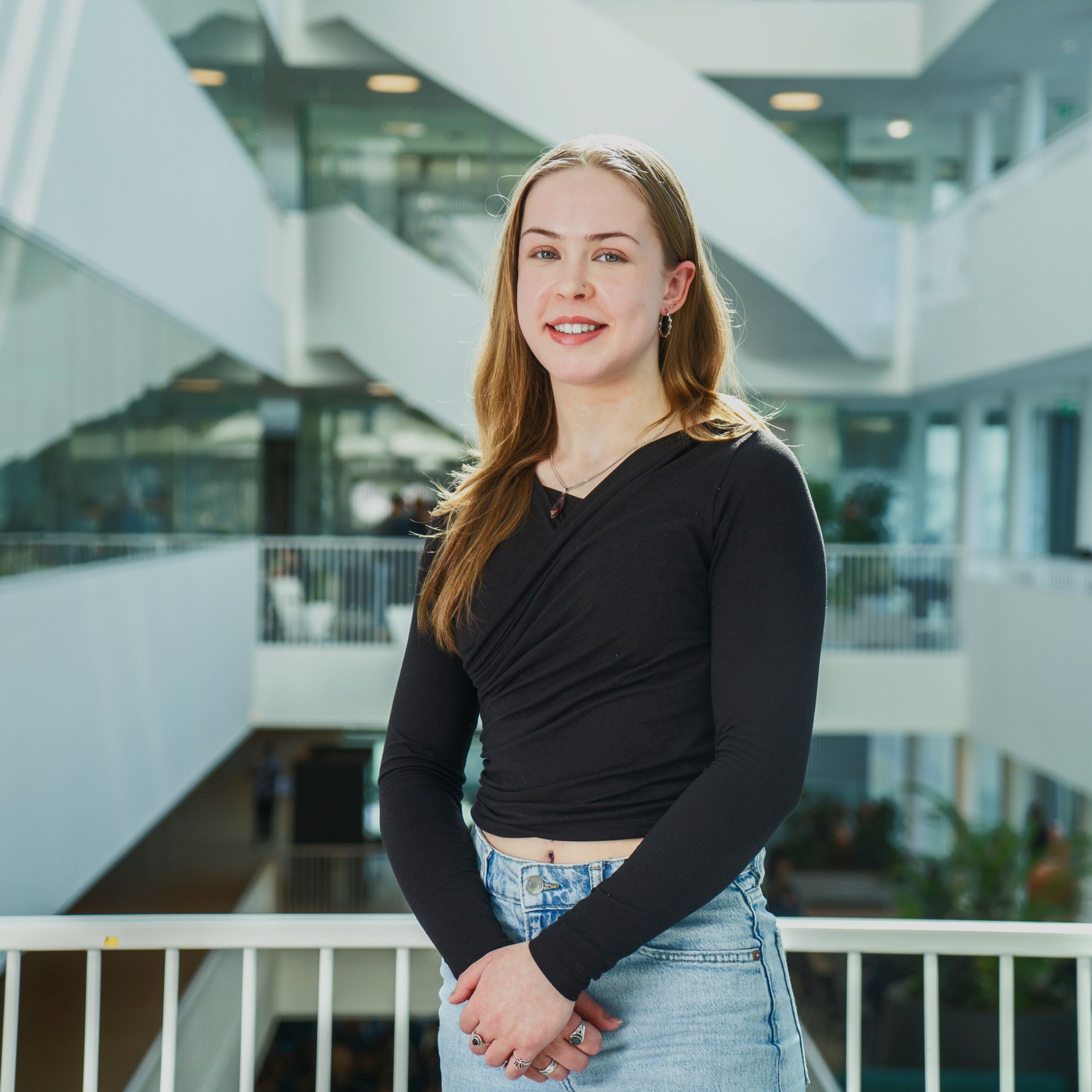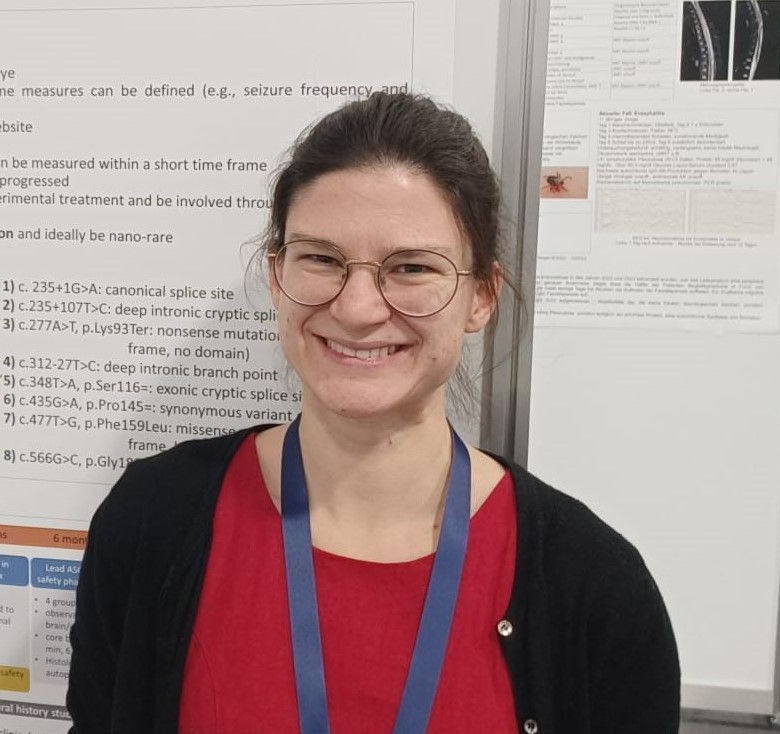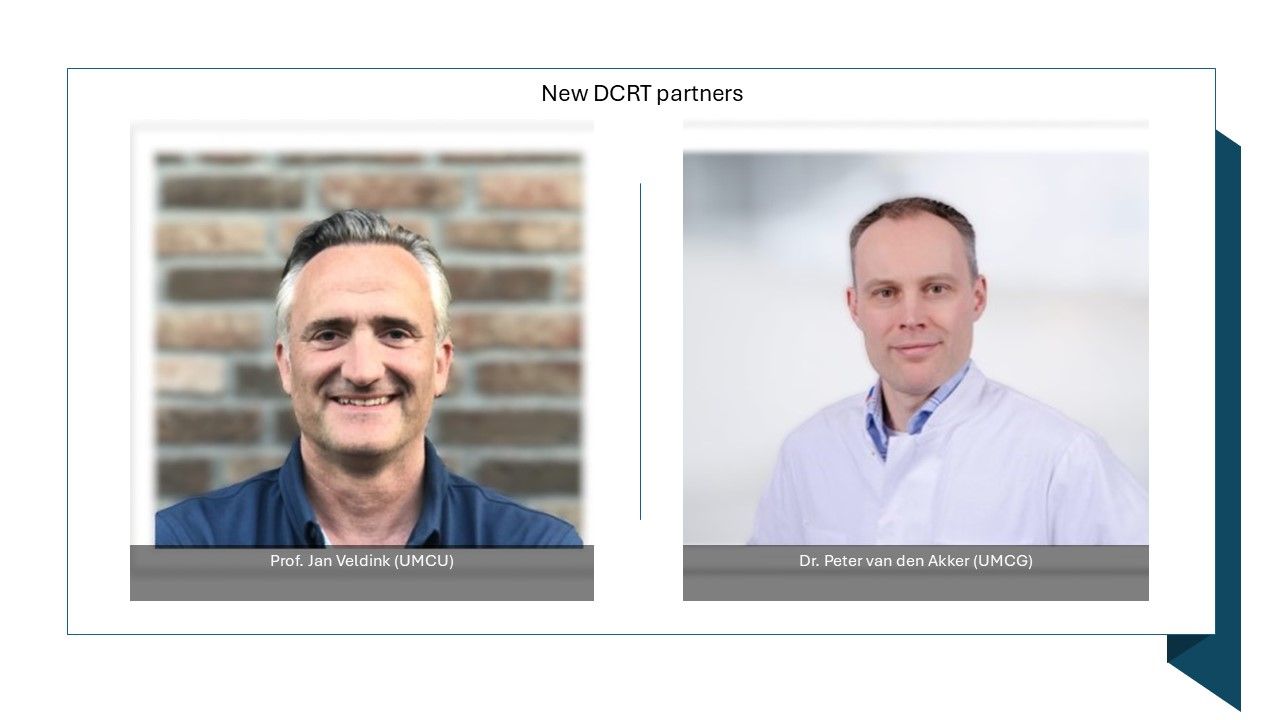Blog: Rare disease
There are diseases so rare that hardly anyone has ever heard of them. That can change. For example, this time last year, none of us had heard of COVID-19, while everyone is now familiar with it. This is different for hereditary rare diseases. They remain rare. This makes it difficult to study them or develop a therapy for them.
Hereditary diseases often arise due to the lack of a protein. Due to an error, a gene encoding a protein becomes unreadable. The exon-skip approach, a technique I have been working on for 20 years, tries to make mutated genes readable again with a chemically modified piece of DNA, an ASO. This allows patients to make the missing protein again and disease progression can be inhibited.
Friendly environment
ASOs injected into the spinal fluid through an epidural are taken up by the nerve cells of the spinal cord and brain. The spinal cord and brain are a very "friendly" environment for ASOs. Here they are broken down much less quickly than in the rest of the body, so that they have a longer effect. This makes it possible to give the epidural to the patients once every 3-4 months. We know that ASOs administered in this way can be therapeutic from Nusinersen, an ASO drug used to treat patients with spinal muscle atrophy (SMA) worldwide.
Unique therapy
SMA is a rare disease, but it is a relatively common rare disease. There are hundreds of SMA patients in the Netherlands. There are even much rarer diseases. Some of these patients have gene errors that would be well suited for the exon skip approach. However, these are often unique cases and pharmaceutical companies are currently not interested in developing drugs for single patients . Tim Yu, a neurologist from Boston, has shown it is possible to develop an ASO therapy for these patients. For a patient with Batten, a rare metabolic disease, he developed an exon-skip ASO unique to its mutation. This made the mutated gene readable again and allowed her to make the missing protein in the brain.
One year after diagnosis, he had tested the ASO in the patient's cultured cells, in rats (to test for safety), and injected the ASO into the patient's spinal fluid for the first time. It seemed to have an effect. Before treatment, the patient had many seizures on a daily basis, since treatment seizures have decreased in both frequency and duration.
Join efforts
When hearing this story, researchers from several Dutch academic centers with ASO experience thought: we can do that too! The forces have now been joined in the Dutch Center for RNA Therapeutics (DCRT) which includes the LUMC, the Radboudumc and Erasmus MC. The aim of DCRT is to develop ASOs for patients with unique gene errors, where ASO treatment should theoretically work and local treatment is possible. DCRT would offer this treatment at cost price.
Update
We started on Rare Disease Day, February 29, 2021. Meanwhile, progress is being made with the design and testing of ASOs in cultured cells and we are setting up the organizational structure of DCRT. We are pioneers in the Netherlands. We are in contact with people like Tim Yu, but it turns out that the laws and regulations in America are very different than in Europe for this kind of therapy development.
However, our motto is to solve problems when we encounter them and not let the unknown hold us back. I want to update you on our progress in a future blog, if COVID-19 has hopefully become a very rare disease again.
